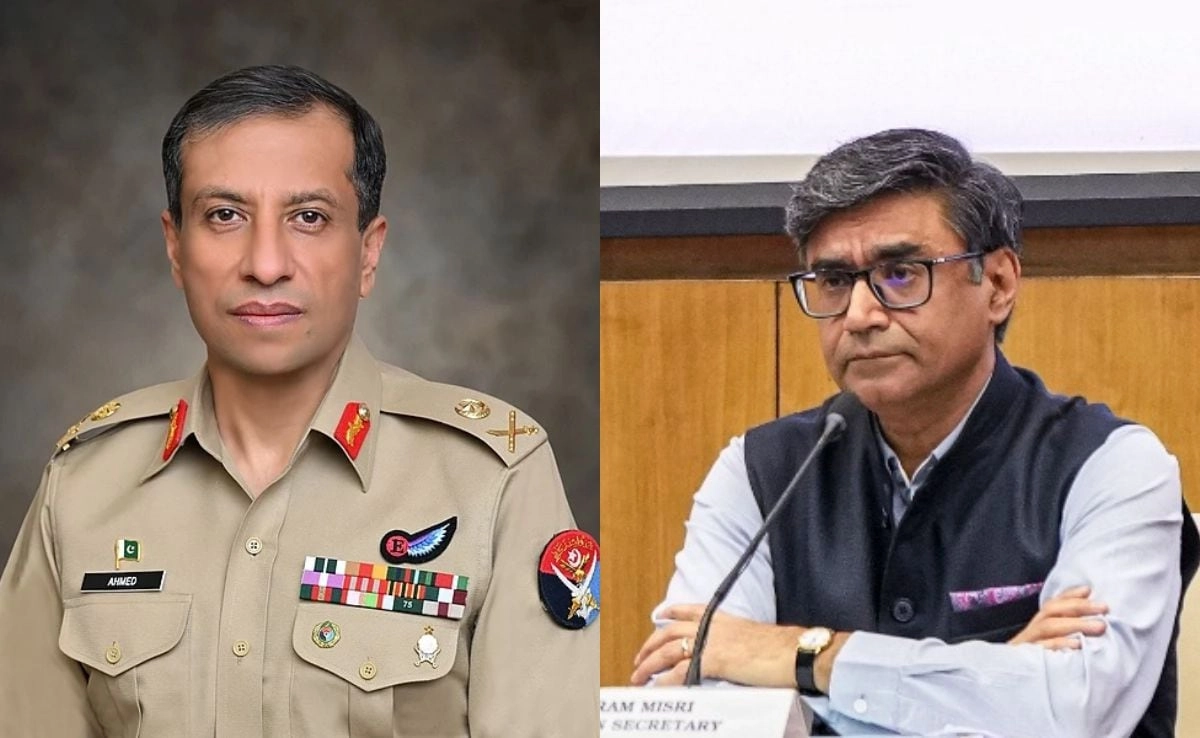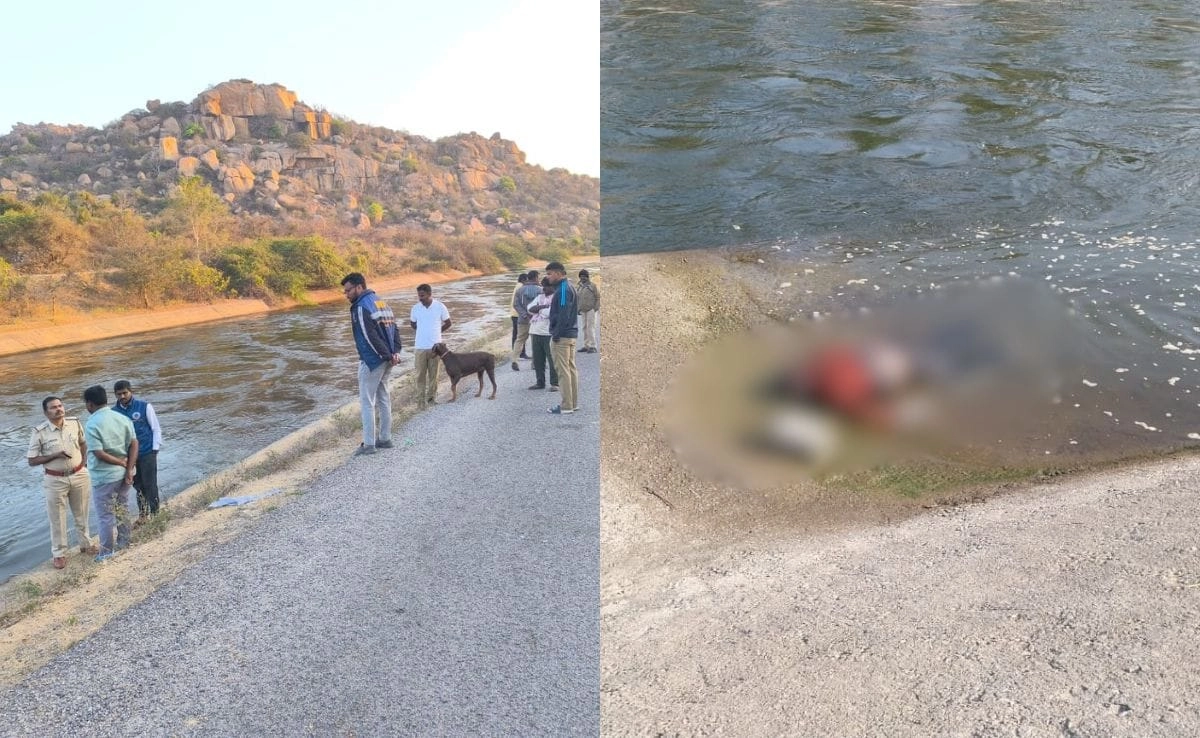In a recent statement that has sparked considerable discussion, a Pakistani Army officer addressed the ongoing critiques directed at the Indian government by various Indian citizens. The officer’s remarks were seen as an acknowledgment of the democratic right of individuals to express dissent and voice their opinions. He emphasized that criticism of the government is a fundamental aspect of democracy, underscoring the importance of free speech in any democratic society. By framing the criticism as a reflection of democratic engagement, the officer not only recognized the voices of dissent but also highlighted the role of citizens in holding their government accountable.
The context of this interaction points to a broader conversation about the nature of democracy in South Asia. In India, citizens have been increasingly vocal about their concerns regarding government policies, social issues, and governance. This surge in public discourse, particularly in the digital age, has empowered citizens to share their viewpoints widely and actively participate in the political landscape. The officer’s comments serve as a reminder that such expressions of dissent are not just permissible but essential for a thriving democracy. They reflect a complex reality where citizens, regardless of their nationality, engage in conversations about governance and societal issues.
Furthermore, the officer’s statement can be interpreted as a subtle acknowledgment of the challenges faced by governments in the region. While the criticism may stem from genuine concerns, it also reflects the diverse and pluralistic nature of societies. In many cases, dissent is a sign of a healthy political environment where citizens feel empowered to raise their voices against perceived injustices or failures in governance. This dynamic interaction between the government and its citizens is crucial for the evolution of democratic practices and the continuous improvement of governance.
Ultimately, the dialogue surrounding democracy and dissent transcends national boundaries. As citizens engage in discussions about their rights and responsibilities, the idea of democracy itself is constantly being redefined and reshaped. The recognition of criticism as an integral part of democratic discourse serves as a foundation for more robust and accountable governance. Such conversations not only foster greater understanding between nations but also contribute to the collective aspiration for a more just and equitable society where every voice matters.




